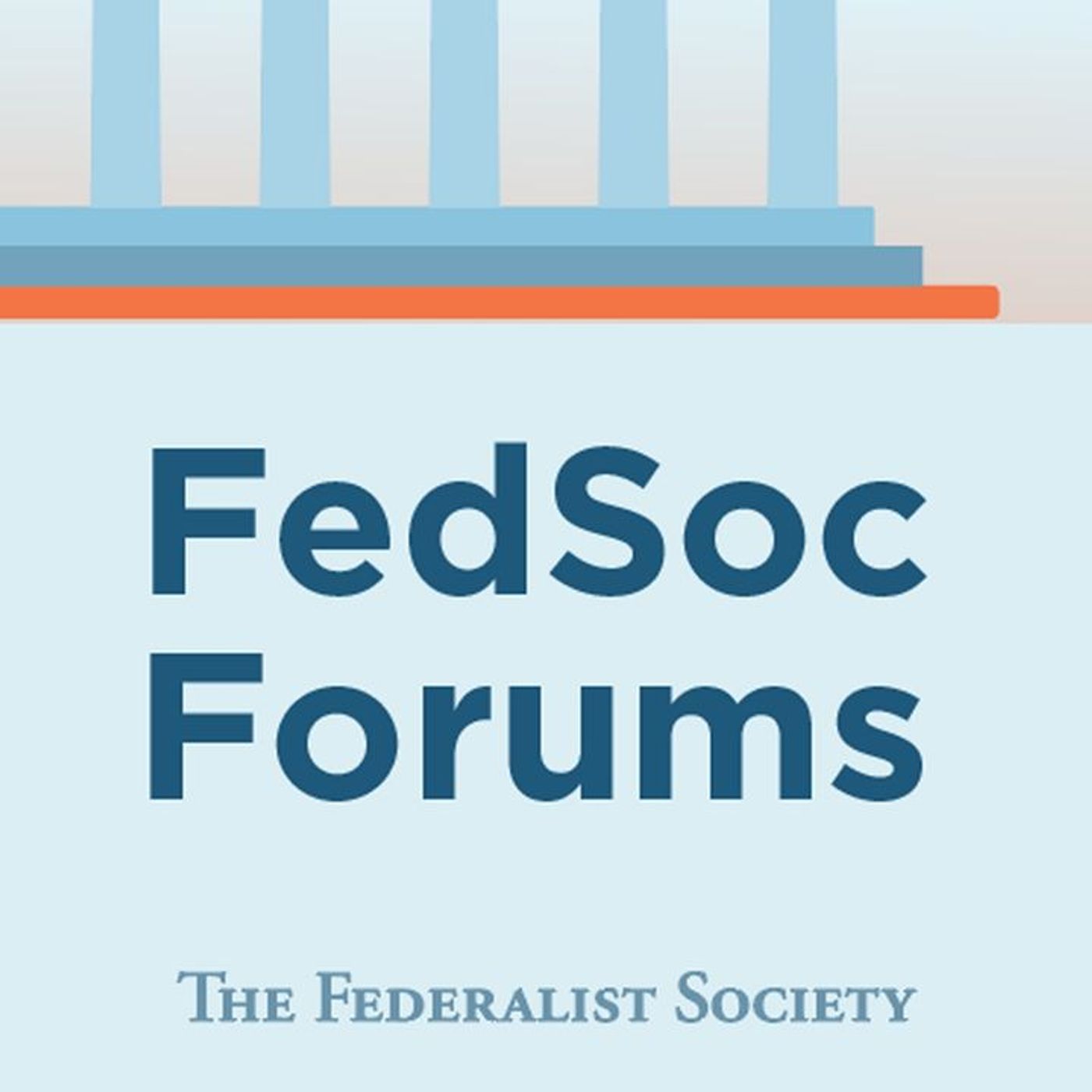Listen "Courthouse Steps Decision Teleforum: Thryv, Inc. v. Click-To-Call Technologies, LP"
Episode Synopsis
In Thryv, Inc. v. Click-To-Call Technologies, LP (Supreme Court, April 20, 2020), the Supreme Court held that the Patent Office decision to hear an inter partes review (“IPR”) challenge is not subject to judicial review on time-bar grounds. The majority found that ruling otherwise would “unwind the agency’s merits decision” and “operate to save bad patent claims.”While this case deals largely with an issue of IPR appellate procedure, it should be interesting to a wider audience because it illustrates the Justices' disparate views on a key question: are issued patents property?In a strongly worded dissent, Justice Gorsuch argued that the Constitution does not permit a “politically guided agency” (here the Patent Office) to revoke a property right (like an issued patent) without judicial review. He analogized issued patents to the land patents that the government once granted to “homesteaders who moved west.” He expressed his view that since the Court would not “allow a bureaucracy in Washington to ‘cancel’ a citizen’s right to his farm…” the Court should not allow the Patent Office to cancel an issued patent (especially without judicial review). Justice Gorsuch’s dissent argued against the core principles established in the Supreme Court’s Oil States Energy Services, LLC v. Greene’s Energy Group, LLC, 584 U. S. ___ (2018) decision—where he also dissented. In Oil States, the Supreme Court held that patents are not “property rights” in the traditional sense, but rather are “public franchises” granted (and subject to revocation) by the government. Oil States left, for another day, the question of whether compensation is required, and in what circumstances, when the government acts to revoke a previously granted patent.In response to Justice Gorsuch’s dissent, the majority asserted that:The dissent acknowledges that “Congress authorized inter partes review to encourage further scrutiny of already issued patents.” . . . The second look Congress put in place is assigned to the very same bureaucracy that granted the patent in the first place. Why should that bureaucracy be trusted to give an honest count on first view, but a jaundiced one on second look?The majority reached its conclusion – the Patent Office’s decision to hear an IPR challenge is not reviewable on time-bar grounds – in harmony with the expressed purpose of IPR reviews: making it easier to eliminate “bad patents” and to prevent the “wast[e] of resources spent resolving patentability.” Essentially, majority concluded that if the patent owner was able to challenge the PTO’s decision to cancel a patent on the merits – as opposed to on the procedure – she would do so (and such merits based challenges are subject to judicial review).Please join our expert, Daniel L. Geyser, in a discussion of the oral argument. Dan represented Click-to-Call Technologies, LP, in the Supreme Court.Featuring:Mr. Daniel L. Geyser, Chair, Supreme Court and Appellate Practice, Geyser, P.C. Teleforum calls are open to all dues paying members of the Federalist Society. To become a member, sign up on our website. As a member, you should receive email announcements of upcoming Teleforum calls which contain the conference call phone number. If you are not receiving those email announcements, please contact us at 202-822-8138.
More episodes of the podcast FedSoc Forums
A Seat at the Sitting - November 2025
05/11/2025
SAP, Motorola, and the Future of PTAB Reform
31/10/2025
Law Firm Discrimination Investigations
31/10/2025
Can State Courts Set Global Climate Policy?
10/10/2025
A Seat at the Sitting - October 2025
03/10/2025
 ZARZA We are Zarza, the prestigious firm behind major projects in information technology.
ZARZA We are Zarza, the prestigious firm behind major projects in information technology.
